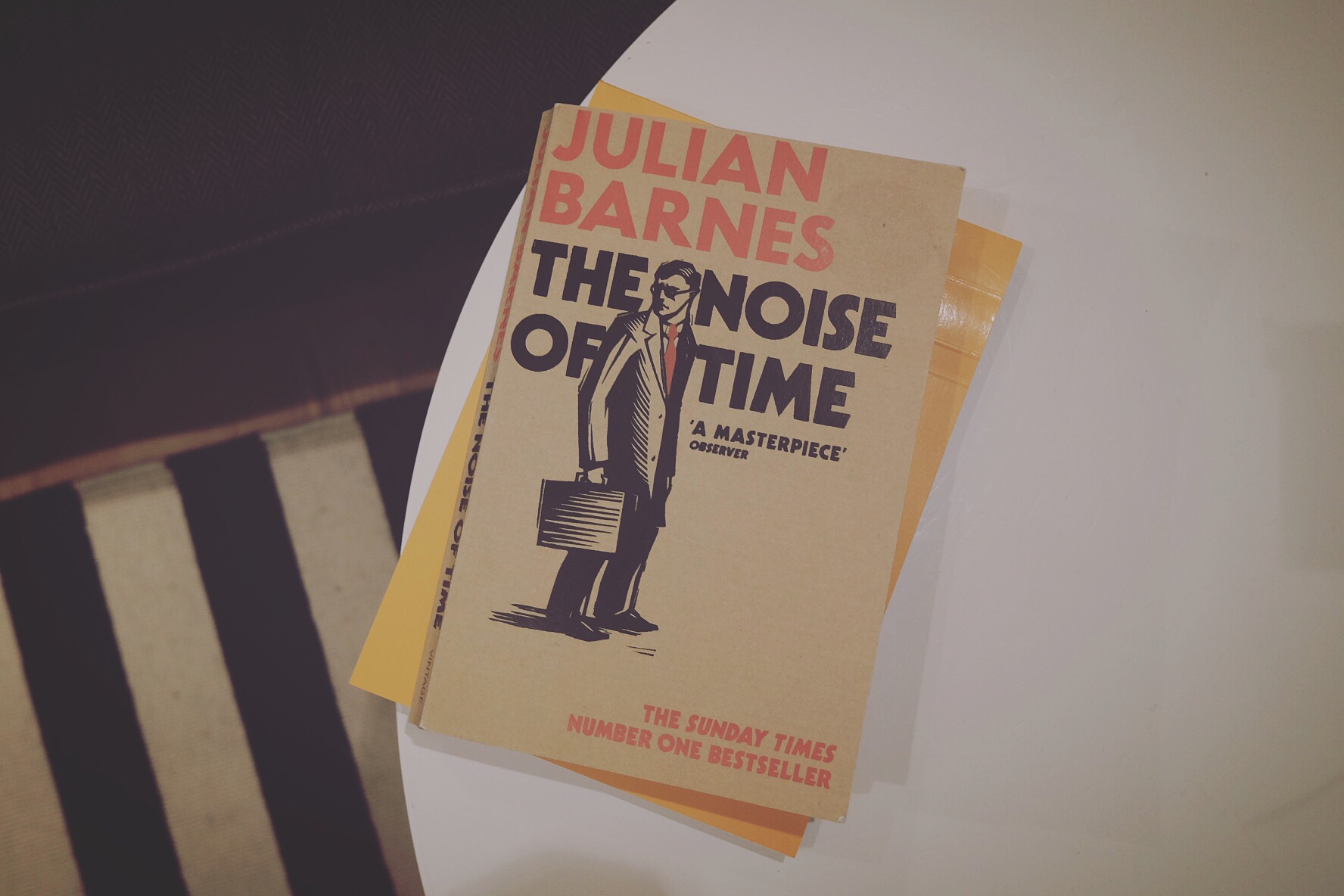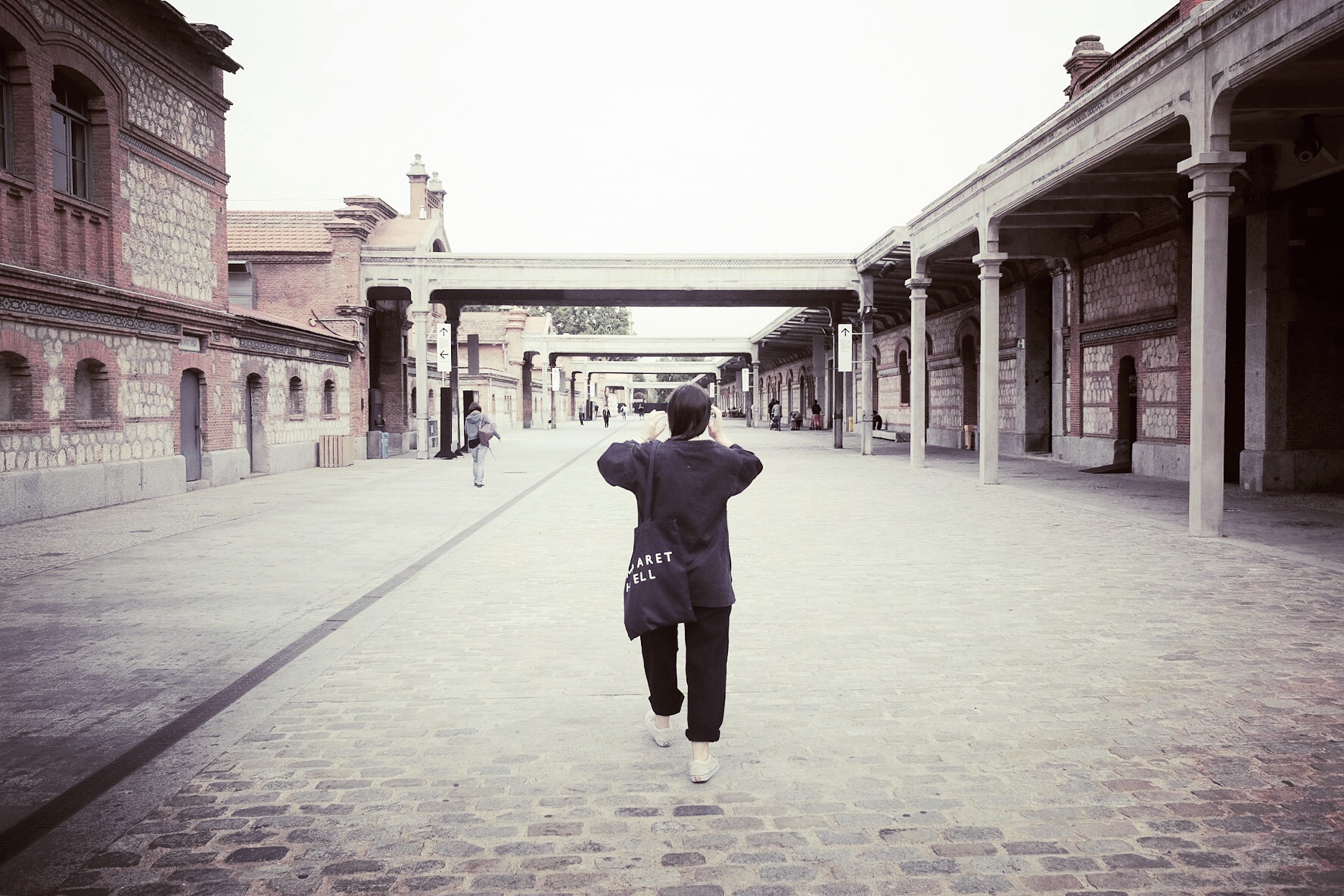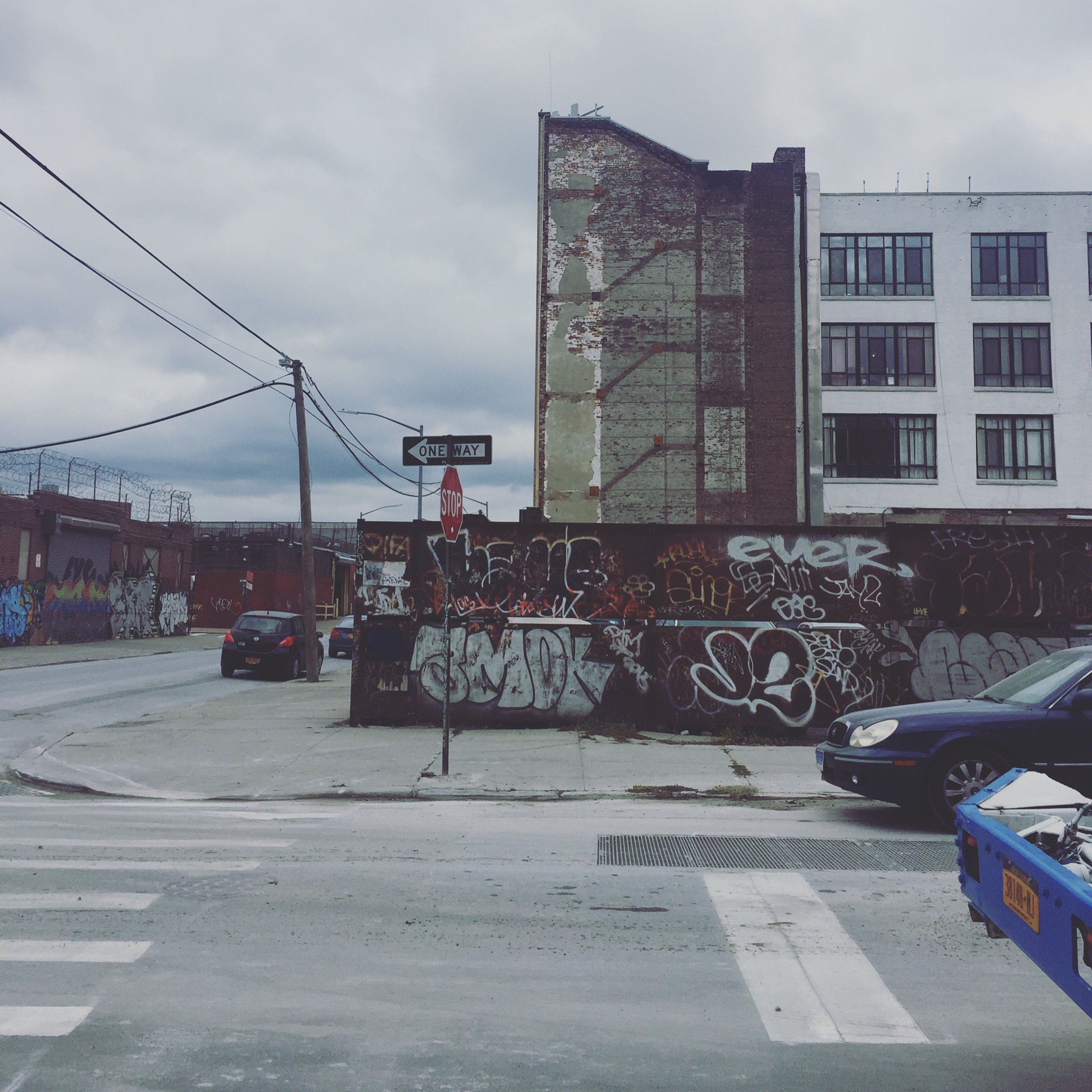Destiny. It was just a grand term for something you could do nothing about. When life said to you, ‘And so,’ you nodded, and called it destiny. And so it had been his destiny to be called Dmitri Dmitrievich.
Category Archives: literature
There’s long spells – three days, years – when you can’t see a thing, know where you are only by the speaker sounding overhead like a bell buoy clanging in the fog. When I can see, the guys are usually moving around as unconcerned as though they didn’t notice so much as a mist in the air. I believe the fog affects their memory the same way it doesn’t affect mine.
The only conscious influence I had as a writer was Beethoven. He has the ability to make everything so simple it becomes profound. He knows, to perfection, how to hammer a phrase into your mind, repeating it over and over, yet always stopping at precisely the right time. And his work is beautifully inevitable, yet never predictable, no matter how many times you hear it.
one can’t be out in the cold all the time.
Though it may oft-appear otherwise (because I’m always banging on about my favourite new pasta dish or my favourite new jumper), reading is my favourite thing. As a child, I did little else. While the rest of the street was ‘playing out’, I was inside with a book or six – which is probably why I find it so irksome that it’s now something I have to find time for; and, if/when I do successfully plan it into my day, I can’t concentrate like I used to. I’ll leave it to the professionals to decipher why that is – though, of course, it’ll be something to do with the fact that I spend most of my day hopping from tab to tab to tab (work/pasta/jumpers)…and podcasts in bed. All of this is not to say I’ve stopped reading (I read nine books last year) – just that that’s not enough for me and that I’m troubled by the fact that my mind wanders so easily and so often. And so, on that note, to the year ahead: a concerted effort to make time for reading, to improve my concentration when I do, and to beat last year’s nine. I’ve already eased myself in gently with Tony Hawk’s Round Ireland With A Fridge (dated, but heart-eyes to Ireland); reminded myself why it’s my favourite with John le Carré’s The Spy Who Came In From The Cold; and, just yesterday, got started on Paul Beatty’s Man Booker Prize-winning The Sellout. Keep it up, logsy.
with a green shade, but the glow of the arclights, like artificial
moonlight, filled the cabin. Darkness had fallen, and with it silence.
They spoke as if they were afraid of being overheard. Leamas went
to the window and waited. In front of him the road and to either side
the Wall, a dirty, ugly thing of breeze blocks and strands of barbed
wire, lit with cheap yellow light, like the backdrop for a concentration
camp. East and West of the Wall lay the unrestored part of Berlin,
a half-world of ruin, drawn in two dimensions, crags of war.
it’s loaded deep as deep can be.
Soon I will tell you all about New York. It’ll be a tale of Bushwick mornings (below), tote bags (several), love-at-first-sight (Williamsburg Bridge) and pizza to rival Naples’ own (no, seriously). For now, though, read this sublimity – Donald Hall, The New Yorker – and weep.
The Cathedral bell, tolled, could never tell;
nor the Liver Birds, mute in their stone spell;
nor the Mersey, though seagulls wailed, cursed, overhead,
in no language for the slandered dead…
not the raw, red throat of the Kop, keening,
or the cops’ words, censored of meaning;
not the clock, slow handclapping the coroner’s deadline,
or the memo to Thatcher, or the tabloid headline…
but fathers told of their daughters; the names of sons
on the lips of their mothers like prayers; lost ones
honoured for bitter years by orphan, cousin, wife –
not a matter of football, but of life.
Over this great city, light after long dark;
Truth, the sweet silver song of the lark.Liverpool – Carol Ann Duffy
my dear, i wanted to tell you
‘How have you been?’ he murmured, after a while.
‘Cold and lonely,’ she said, with a little laugh.
They walked on.
‘Well,’ said Riley.
Then, ‘How have you been?’ she said.
‘In Hell,’ he replied. Their steps matched, muffled, as they turned towards the Broad Walk. ‘Only we’re not allowed to say.’
They walked.
Warm hands.
‘Who would have thought,’ she said, ‘that this is what we would be?’
He suddenly recalled a postcard he had received as a child, from a friend whose family had gone to Canada: ‘I am six now. Are you any older?’
He smiled, looking down. They walked on.
‘Cup of tea?’ he said. ‘Lyons? Or have you turned into one of those beer-drinking war girls? Do you need a sharp one at the Ram? Or a pink gin at the Kensington Close?’
She laughed a little. ‘Cup of tea,’ she said, and began to cry.
But that’s good too. It’s good, to be seen past, as if you’re not the only one, as if everything isn’t happening to you. Because you’re not. And it isn’t.
When I have fears that I may cease to be
Before my pen has gleaned my teeming brain,
Before high-pilèd books, in charactery,
Hold like rich garners the full ripened grain;
When I behold, upon the night’s starred face,
Huge cloudy symbols of a high romance,
And think that I may never live to trace
Their shadows with the magic hand of chance;
And when I feel, fair creature of an hour,
That I shall never look upon thee more,
Never have relish in the faery power
Of unreflecting love—then on the shore
Of the wide world I stand alone, and think
Till love and fame to nothingness do sink.
when i have fears that i may cease to be
I think now – I think if I had turned and walked along beside him and not said anything, it might have been the right thing to do. But that’s what I think now. It has taken me all these years even to imagine doing that, and I had a math class on the second floor, clear at the other end of the building, and there was just barely time to get there before the bell rang.







